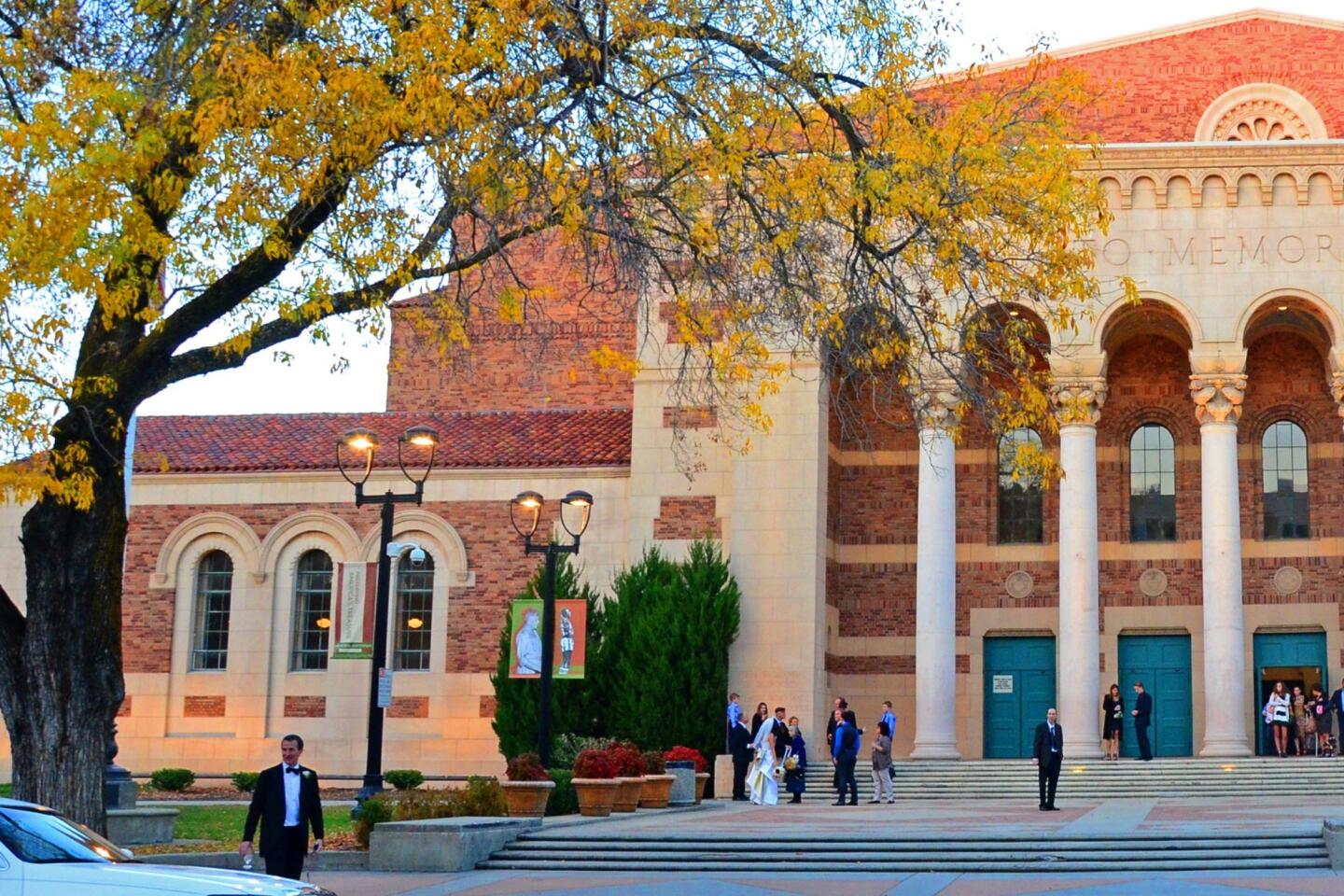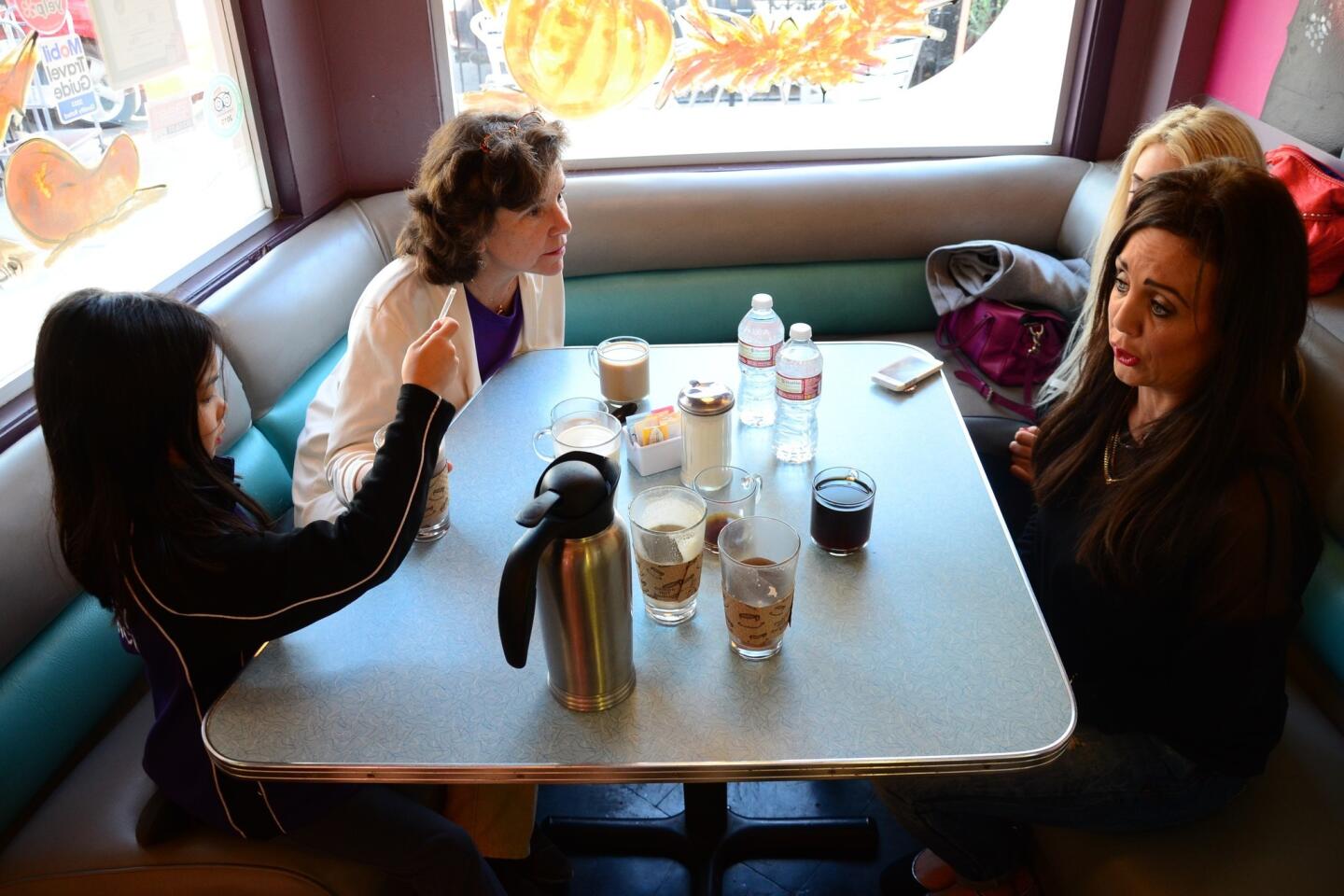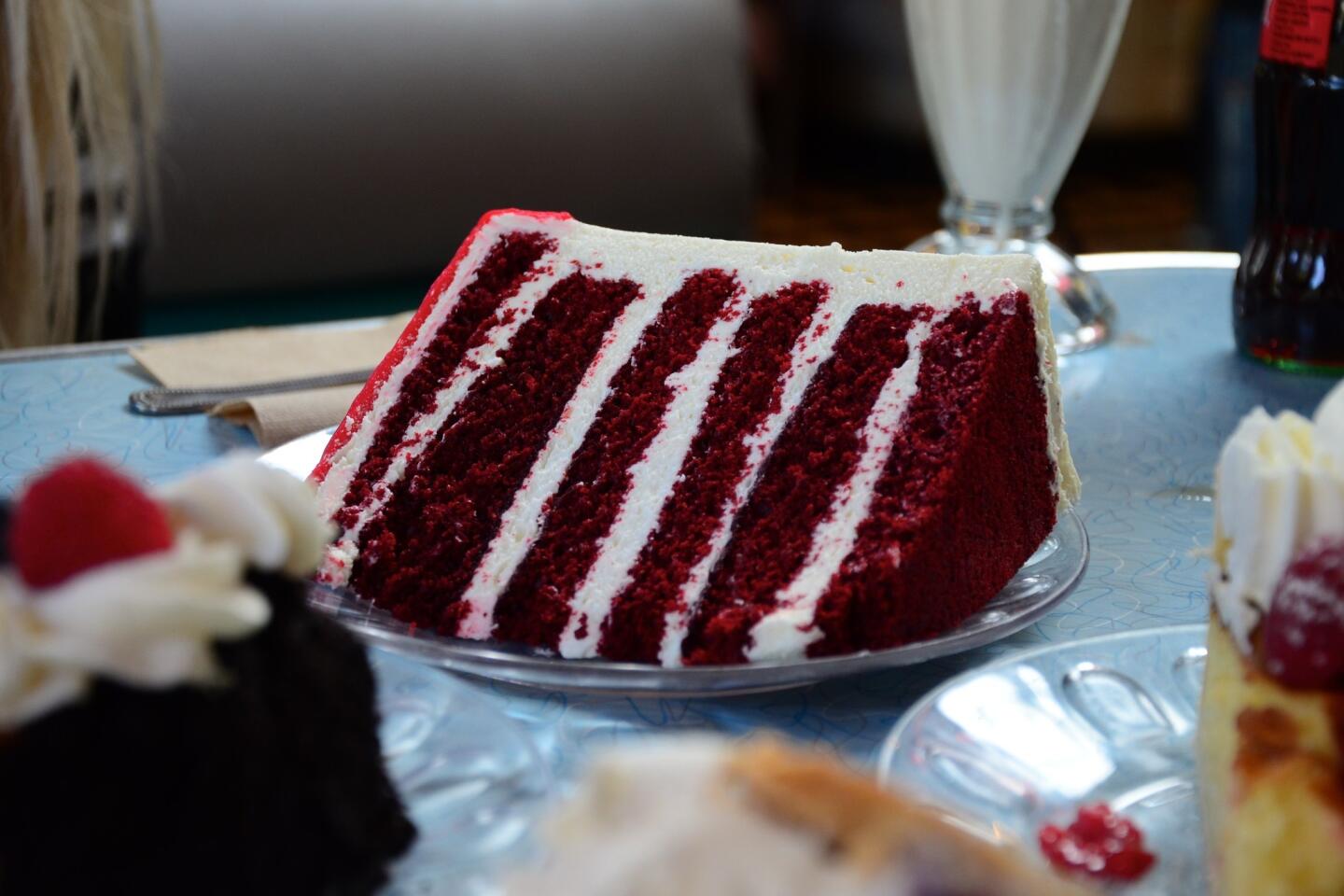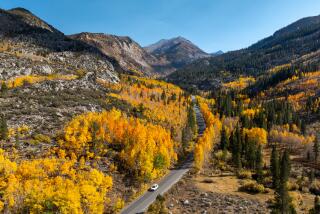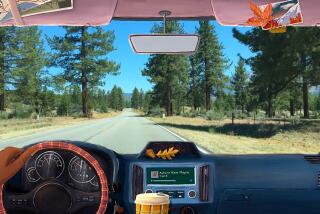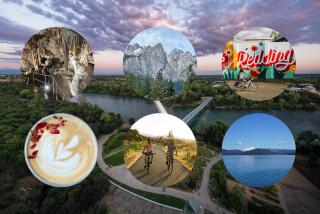Enjoying California’s volcanic legacy
Reporting from Mt. Shasta, Calif. — — The Volcanic Legacy Scenic Byway yawns languidly for 500 miles from the southern reaches of California’s Cascade Range to lower Oregon. The landscape is at once harsh and ridiculously beautiful, crafted by the alchemy of volcanic eruptions and the splendor of arboreal wilderness.
But that’s not why my family and I chose to vacation here. Rather, we wanted to get off the grid, connect with nature and prove to our preschooler that there is life beyond “Dinosaur Train,” traffic and Thai food delivery. What we didn’t expect was how easily we would embrace the intoxicating slowness of California’s far north.
This least populated part of California quickly erases most stereotypes of the Golden State. Here people hunt, fish and prefer to speak face to face instead of electronically. Waitresses ask about your day and really want to know the answer; lumberjacks and hunters wave as they pass you in their pickups; and bears outnumber humans (at last count, 80,000 bears to 40,000 people).
To firmly plant our feet in nature, we began our journey in Lassen Volcanic National Park, at the southern end of the byway, just 40 miles east of Redding, but worlds away from civilization. The park houses one of the world’s largest plug dome volcanoes, not to mention the last mountain to blow its top in California (though that was in 1915), so it was surprising to find so few people in this dynamic landscape. Unlike California’s other national parks, Lassen features gurgling mudpots and boiling pools of aquamarine and white water, hugged by hissing steam vents.
After a short stroll through the park’s most famous attraction, Bumpass Hell (aptly named for explorer Kendall Bumpass, who lost his leg after falling into a boiling mud pot), we returned to the parking area and found a stunning panorama. Snow-capped mountains, covered in whitebark pine and mountain hemlock, stretched in all directions. “This is beautiful,” my son said, before yawning and asking, “Are we there yet?”
Heading north on California 89, we next stopped at Subway Caves, where we traveled underground a third of a mile on a spooky route carved in the earth by a lava tube. Native Americans believed that this lava tunnel housed an evil man-beast; today tourists don their warmest jackets regardless of the season and carry bright torches deep into the wet cave along a path of pumice.
We bypassed the one-street town of Burney and, thanks to the advice of some locals, stumbled on McArthur-Burney Falls Memorial State Park. This park was crafted by volcanic activity, which showed evidence of its power in the steep crags and the 129-foot waterfall with its unchanging flow of water, no matter the season. Standing in the mist as the water pounded a thunderous roar, we found it impossible not to consider the smallness of our day-to-day lives and, like all good travelers, wondered why we didn’t enchant ourselves this way more often.
When we finally tore ourselves from the waterfall, the kayaking at nearby Lake Britton and the hiking, we motored farther north on the byway to the historic town of McCloud, a proud mill and lumber town huddled in the shadows of Mt. Shasta.
Graced with a working tourist railroad and historic buildings, picturesque McCloud doesn’t have to roll out the red carpet to invite travelers to slow down and stay awhile. When we stopped for an ice cream at the 1930s White Mountain Fountain, strolled through the classic McCloud River Mercantile Hotel (a lovely old property renovated with plenty of TLC and well worth the cash to stay overnight) or explored the McCloud River Mercantile Co. shop, the town showed us kindness unequaled elsewhere in the state.
Because we had reservations at the Mount Shasta Resort, we finally broke free of McCloud’s charm and continued on to Mount Shasta, a town that has its share of crystal-wearing, tarot card-reading hippies. Native Americans believed that the nearby Mt. Shasta peak, a volcano, was so sacred that visitors had to be purified before ascending above its tree line.
Today, folks of all persuasions gather to revere the mountain’s power. In town, you’ll find quaint houses inhabited by galleries, cafés and those famed crystal shops. Worn out, our son didn’t even ask to watch TV after dinner. We all passed out on the bed, listening to the charming sounds of nothing that suddenly seemed louder than city living.
More to Read
Sign up for The Wild
We’ll help you find the best places to hike, bike and run, as well as the perfect silent spots for meditation and yoga.
You may occasionally receive promotional content from the Los Angeles Times.
